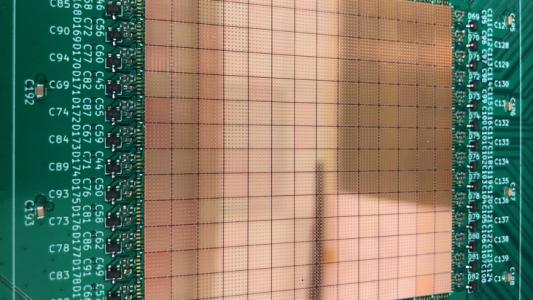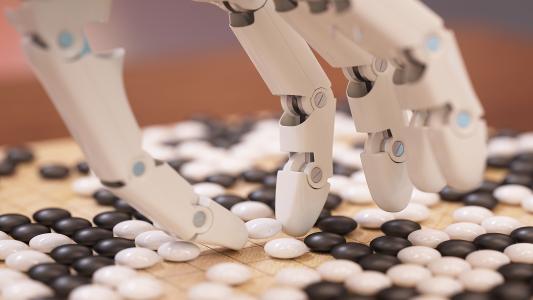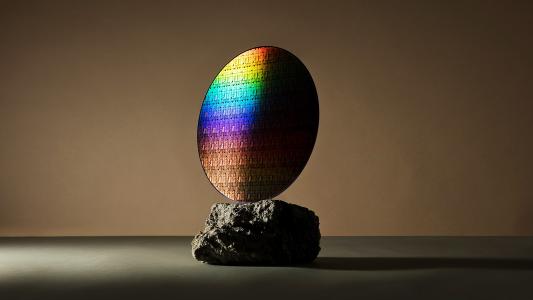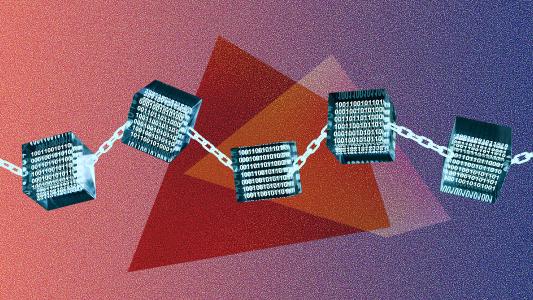Computer Science
A new kind of diamond will hold a billion Blu-Ray’s worth of data
Ultra-pure diamond wafers could be used for quantum memory in tomorrow’s ultra-powerful quantum computers.
How Ukraine has defended itself against cyberattacks – lessons for the US
Russian hackers stepped up their efforts against Ukraine in the run-up to the 2022 invasion, but with notably different results.
In a hole in Earth’s magnetic field, neuroscientists are peering into the human brain
By using quantum physics to measure magnetic fields, researchers are pushing closer to measuring the brain in ways we couldn't before.
Credit card-sized device focuses terahertz energy to generate high-resolution images
The advance may enable real-time imaging devices that are smaller, cheaper, and more robust than other systems.
How AI is shaping the cybersecurity arms race
Defending against cyberattacks increasingly means looking for patterns in large amounts of data – a task AI was made for.
Texas A&M grads use flare gas to mine $4M in Bitcoin
Two college grads earned four million dollars by mining the cryptocurrency with specialized shipping containers that use flare gas.
Where AI and organisms differ and what it means for AGI
A recent research paper published in Frontiers in Ecology and Evolution explores obstacles toward general artificial intelligence, specifically: what prevents AI from improvising?
Series|
Just Might Work
Tornado Alley miracle: A 100% accurate tornado sensor invented by accident
Can this recycled technology save the citizens of Tornado Alley?
IBM and Samsung unveil breakthrough microchip design
IBM and Samsung have unveiled a new microchip design that promises radically faster, more efficient semiconductor chips.
Can we get blockchains to talk to each other?
Blockchains do more than crypto; logistics, contracts, and more use the tech. But there’s a problem: blockchain communication is still difficult.









